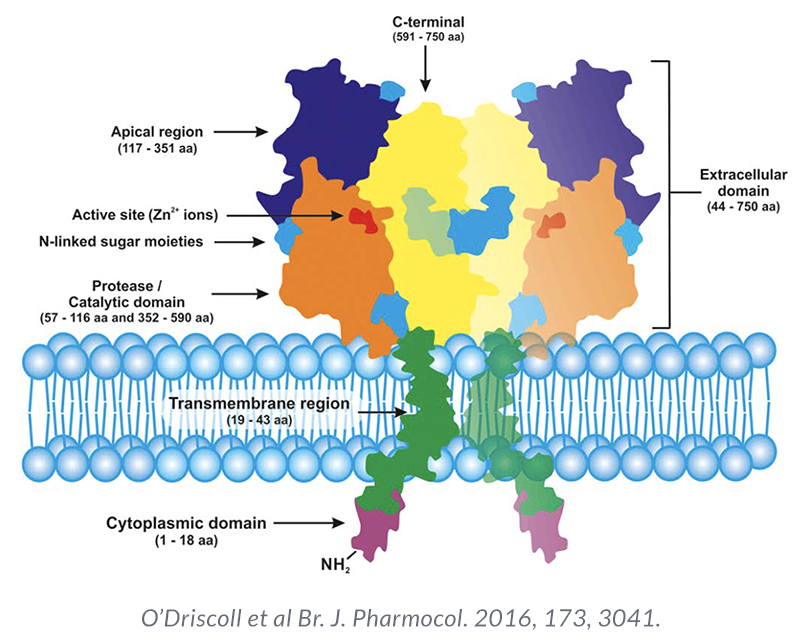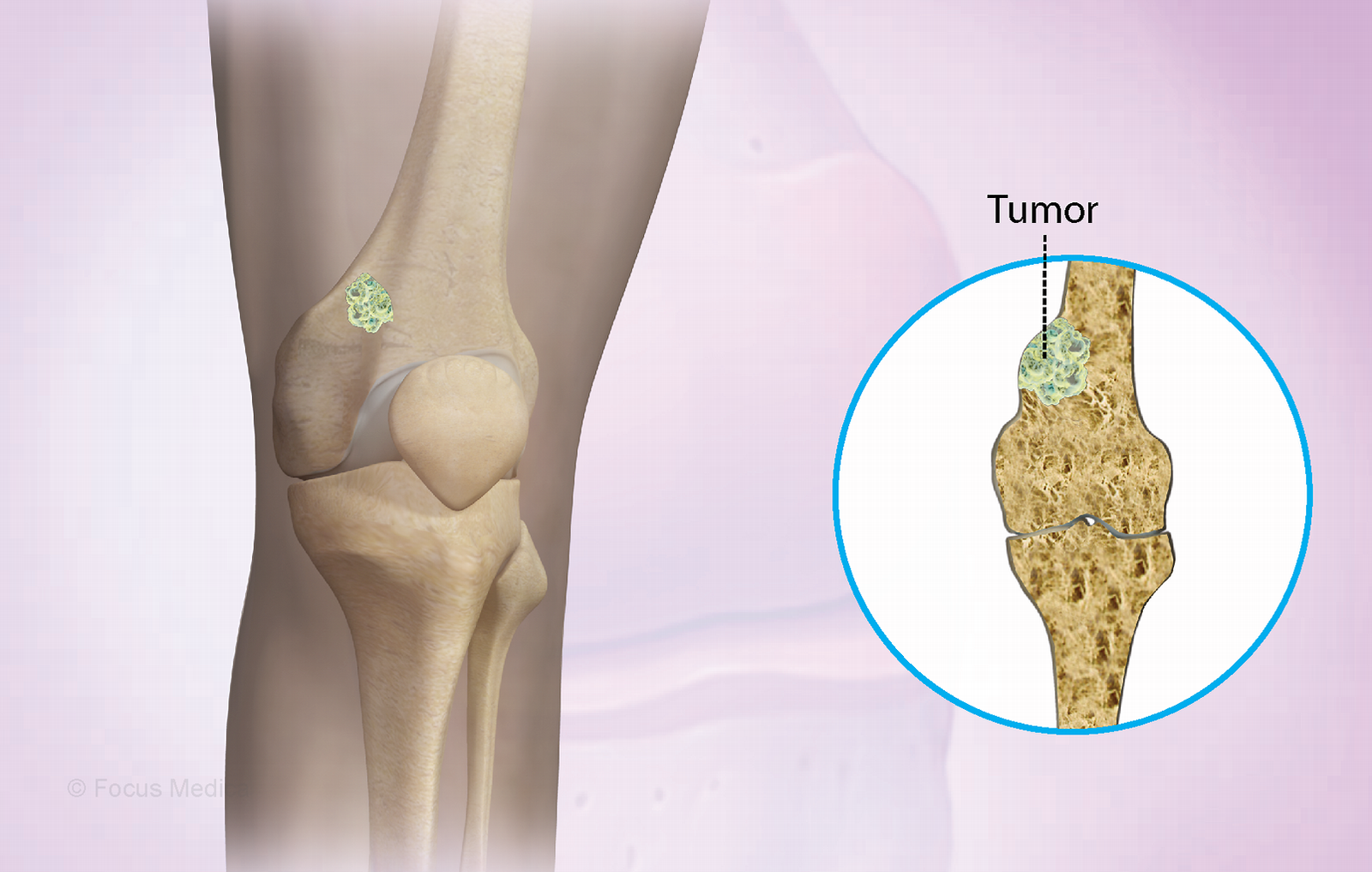Understanding Prostate-Specific Membrane Antigen Alamogordo Pet Imaging: A Breakthrough in Prostate Cancer Detection
Intro
The Prostate-Specific Membrane Antigen Alamogordo PET imaging is a revolutionary breakthrough in the detection and treatment of prostate cancer. Recently approved by the FDA, this innovative PET scan has revolutionized the way we diagnose and treat this common form of cancer in men. By using advanced imaging technology to detect prostate-specific membrane antigen (PSMA), doctors are able to identify and monitor the progression of prostate cancer with unprecedented accuracy. Through this groundbreaking technology, physicians have the ability to detect the presence of cancer earlier and more accurately than ever before.
What is Prostate Cancer?
Prostate cancer is a form of cancer that specifically affects the prostate gland, which is a small walnut-shaped organ located below the bladder in men. The prostate gland plays a crucial role in producing semen, the fluid that nourishes and transports sperm.
Prostate cancer occurs when the cells in the prostate gland begin to grow and divide abnormally, forming a tumor. While the exact cause of prostate cancer is unknown, certain risk factors have been identified, including age, family history, race, and genetics.
Early-stage prostate cancer may not cause any noticeable symptoms, which is why regular screenings and check-ups are important for early detection. As the cancer progresses, symptoms may include difficulty urinating, blood in the urine or semen, erectile dysfunction, and pain or discomfort in the pelvic area.
To diagnose prostate cancer, various methods are used, such as a digital rectal exam, prostate-specific antigen (PSA) blood test, and prostate biopsy. These tests help determine the presence and severity of prostate cancer.
Prostate-specific membrane antigen (PSMA) is a protein that is found on the surface of prostate cancer cells. This protein can be targeted and detected using innovative imaging techniques, such as Prostate-Specific Membrane Antigen Alamogordo PET imaging. This breakthrough technology allows for the precise detection and monitoring of prostate cancer, ultimately leading to more effective treatment strategies.

Current Methods of Prostate Cancer Detection
Prostate cancer is typically detected through a combination of physical exams, blood tests, and imaging tests such as ultrasound or MRI. One of the most commonly used blood tests is the prostate-specific antigen (PSA) test, which measures the levels of PSA in the blood. However, PSA levels can also be elevated for non-cancerous reasons such as prostate enlargement or infection. This can lead to false positive results and unnecessary biopsies.
Prostate-specific membrane antigen (PSMA) is a protein that is overexpressed in prostate cancer cells and can be used as a target for imaging. Imaging tests such as PET or CT scans can use PSMA-targeting agents to detect the presence and location of prostate cancer cells in the body.
However, PSMA-targeting agents have previously only been used in research settings and have not been widely available for clinical use. This is where the new Prostate-Specific Membrane Antigen Alamogordo PET imaging comes in, as it has been FDA approved for clinical use and has the potential to significantly improve prostate cancer detection and treatment.
Prostate-Specific Membrane Antigen (PSMA)
Prostate-Specific Membrane Antigen (PSMA) is a type of protein that is primarily found in prostate cells. It is a unique protein because its levels increase in prostate cancer cells, which makes it an ideal marker for detecting prostate cancer.
PSMA is not only found in the prostate cells, but it is also found in other tissues such as the salivary glands, the kidneys, and the small intestine. However, it is not usually found in large quantities in these other tissues, which makes PSMA an excellent target for detecting prostate cancer.
PSMA has been the subject of much research in recent years, and there are currently several imaging techniques that target PSMA in prostate cancer cells. One of the most promising techniques is the Prostate-Specific Membrane Antigen Alamogordo PET imaging.
The use of PSMA in prostate cancer detection is important because it allows doctors to detect prostate cancer at an early stage, when treatment is most effective. PSMA imaging can also help doctors to determine the extent of the cancer and guide the treatment plan.
PSMA is an exciting development in the field of prostate cancer detection and treatment, and it holds much promise for improving patient outcomes.
What is Alamogordo PET Imaging?
Alamogordo PET imaging is a revolutionary technique that combines positron emission tomography (PET) with prostate-specific membrane antigen (PSMA) targeting agents to detect and visualize prostate cancer cells in the body. Unlike traditional imaging techniques, such as ultrasound or MRI, Alamogordo PET imaging specifically targets and detects the presence of PSMA, a protein that is overexpressed in prostate cancer cells.
During an Alamogordo PET imaging procedure, a PSMA-targeting agent is administered to the patient either through injection or orally. This agent binds to PSMA proteins on the surface of prostate cancer cells. Then, a PET scanner is used to detect the radioactive signals emitted by the PSMA-targeting agent. This allows physicians to precisely locate and visualize prostate cancer cells throughout the body.
The high specificity and sensitivity of Alamogordo PET imaging make it a powerful tool in the detection and monitoring of prostate cancer. It provides detailed information about the extent and location of prostate cancer, which can help guide treatment decisions. Additionally, this imaging technique can be used to monitor the response to treatment and detect any recurrence of cancer in the future.
Alamogordo PET imaging represents a major advancement in prostate cancer detection and has the potential to improve patient outcomes by enabling early and accurate diagnosis, leading to more effective treatment strategies.

Benefits of PSMA Alamogordo PET Imaging for Prostate Cancer Detection
PSMA Alamogordo PET imaging is a revolutionary technology that offers several benefits for detecting prostate cancer. One of the main advantages of PSMA Alamogordo PET imaging is its ability to detect cancer at an early stage. With this technology, physicians can identify the exact location of cancerous cells and provide more targeted treatment options.
Additionally, PSMA Alamogordo PET imaging is more accurate than traditional methods, such as prostate-specific antigen (PSA) testing or biopsies. These tests often yield false-positive results, leading to unnecessary treatment or procedures. In contrast, PSMA Alamogordo PET imaging can distinguish between benign and cancerous cells, resulting in more accurate diagnosis and treatment.
Furthermore, PSMA Alamogordo PET imaging has a higher detection rate than other imaging techniques, such as MRI or CT scans. This means that physicians can detect small tumors or lesions that may be missed by other methods, providing earlier intervention and improved outcomes for patients.
Overall, PSMA Alamogordo PET imaging offers a promising new approach to detecting prostate cancer and improving treatment outcomes. Its high accuracy, early detection, and improved targeting make it an important tool in the fight against prostate cancer.
FDA Approval of PSMA Alamogordo PET Imaging
The groundbreaking Prostate-Specific Membrane Antigen (PSMA) Alamogordo PET imaging has recently received FDA approval, marking a significant milestone in the field of prostate cancer detection and treatment. This approval allows for the widespread clinical use of this innovative imaging technique, offering hope to the millions of men affected by prostate cancer worldwide.
The FDA approval of PSMA Alamogordo PET imaging is a testament to the extensive research and rigorous testing that has gone into its development. The FDA’s stamp of approval ensures that this technology meets the highest standards of safety and effectiveness, giving both patients and healthcare professionals confidence in its capabilities.
This approval also opens up new possibilities for the early detection and monitoring of prostate cancer. PSMA Alamogordo PET imaging’s ability to accurately detect and visualize prostate cancer cells allows for more targeted treatment options and improved patient outcomes. It provides detailed information about the extent and location of cancerous cells, helping guide treatment decisions and monitor response to therapy.
With the FDA approval of PSMA Alamogordo PET imaging, we can expect to see a shift in how prostate cancer is diagnosed and treated. This revolutionary imaging technique has the potential to significantly improve the lives of those affected by prostate cancer, offering hope for a future where this common form of cancer can be detected and treated with greater precision and effectiveness.



